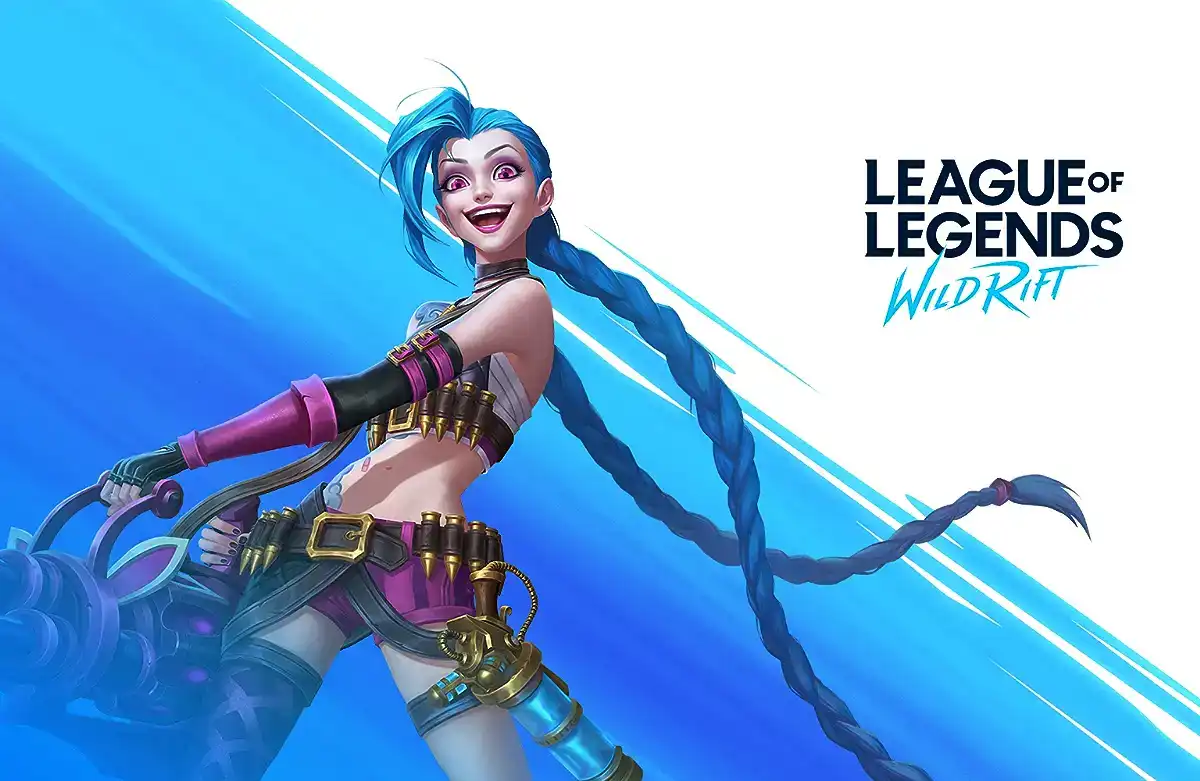League of Legends (LoL) is not just a game; it's a multimillion-dollar ecosystem consisting of players, coaches, sponsors, and, most importantly, the organizations that form the teams. Although the scene has become more professionalized over the years, challenges still persist, especially when it comes to conflict of interest between different parties. One such highly debated issue is the existing conflict of interest between NRG Esports and Golden Age Management Sports (GAMS) in the League of Legends competitive environment.
What is a Conflict of Interest?
Before diving into the specifics, it's crucial to understand what a conflict of interest is. A conflict of interest arises when an individual or organization is involved in multiple interests, one of which could potentially influence the impartiality of the individual or organization in another. In business, politics, and even esports, conflicts of interest can affect decision-making, competition integrity, and the overall health of the industry. Read more about conflict of interest on Wikipedia.
The Roles of NRG and GAMS
NRG Esports is a well-known esports organization with stakes in various games, including League of Legends. On the other hand, Golden Age Management Sports (GAMS) is an organization that deals primarily with the management and representation of esports athletes. Both NRG and GAMS share some of the same stakeholders, which raises questions about impartiality and influence, particularly concerning player transfers, contractual obligations, and competitive integrity in League of Legends.

How Does This Affect League of Legends Competition?
Player Transfers
NRG's League of Legends team may have preferential access to athletes managed by GAMS. This relationship could distort fair competition, as not all teams have equal opportunities to recruit talent. It can also affect the players themselves; they might be pressured into joining NRG over other potential options, affecting their career trajectory.
Contract Negotiations
As GAMS is in the business of managing players, the organization could potentially influence contract negotiations to favor NRG. This is especially problematic when multiple teams are bidding for the same player, as it compromises the competitive balance that is essential for any sport, virtual or otherwise.
Competitive Integrity
The crux of the matter is that if NRG and GAMS have shared interests, it poses a significant risk to the competitive integrity of League of Legends esports. Both organizations may make choices that favor their mutual interests over the good of the competitive landscape, and that is detrimental to the ecosystem as a whole.
Case Studies and Historical Precedence
The issue is not unique to NRG and GAMS or even League of Legends. Other esports titles like Call of Duty and Fortnite have faced similar challenges, and traditional sports have also been grappling with conflicts of interest for years. The NFL, for instance, has strict regulations to ensure that team owners do not have stakes in agencies that manage players.
Regulatory Measures and Future Implications
Organizations like Riot Games, the developer of League of Legends, must take a stance to preserve the sanctity of their competitions. This could mean implementing stricter rules about ownership and financial stakes, or it could involve third-party oversight to ensure that all teams are operating on a level playing field.
Conclusion
The existing conflict of interest between NRG and GAMS poses significant questions about the future of League of Legends competitions. From player transfers to contract negotiations and the overall integrity of the game, the relationships between these organizations could have far-reaching implications. For League of Legends to continue growing and for its competitive scene to remain fair and exciting, these conflicts of interest must be adequately addressed.
And while it's essential to focus on these issues, let's not forget the purpose of esports: to enjoy the thrill of competition and the camaraderie it brings. The focus should remain on fostering a fair and balanced competitive environment for all those involved in the world of League of Legends.
By taking a proactive approach to these issues, we can hope to see a more transparent, equitable, and exhilarating future for League of Legends esports.
This article aims to shed light on the complexities surrounding the NRG and GAMS conflict of interest in the League of Legends ecosystem. It is vital for the stakeholders, including the fans, to be aware of these dynamics to engage in meaningful discussions and advocate for fair play.